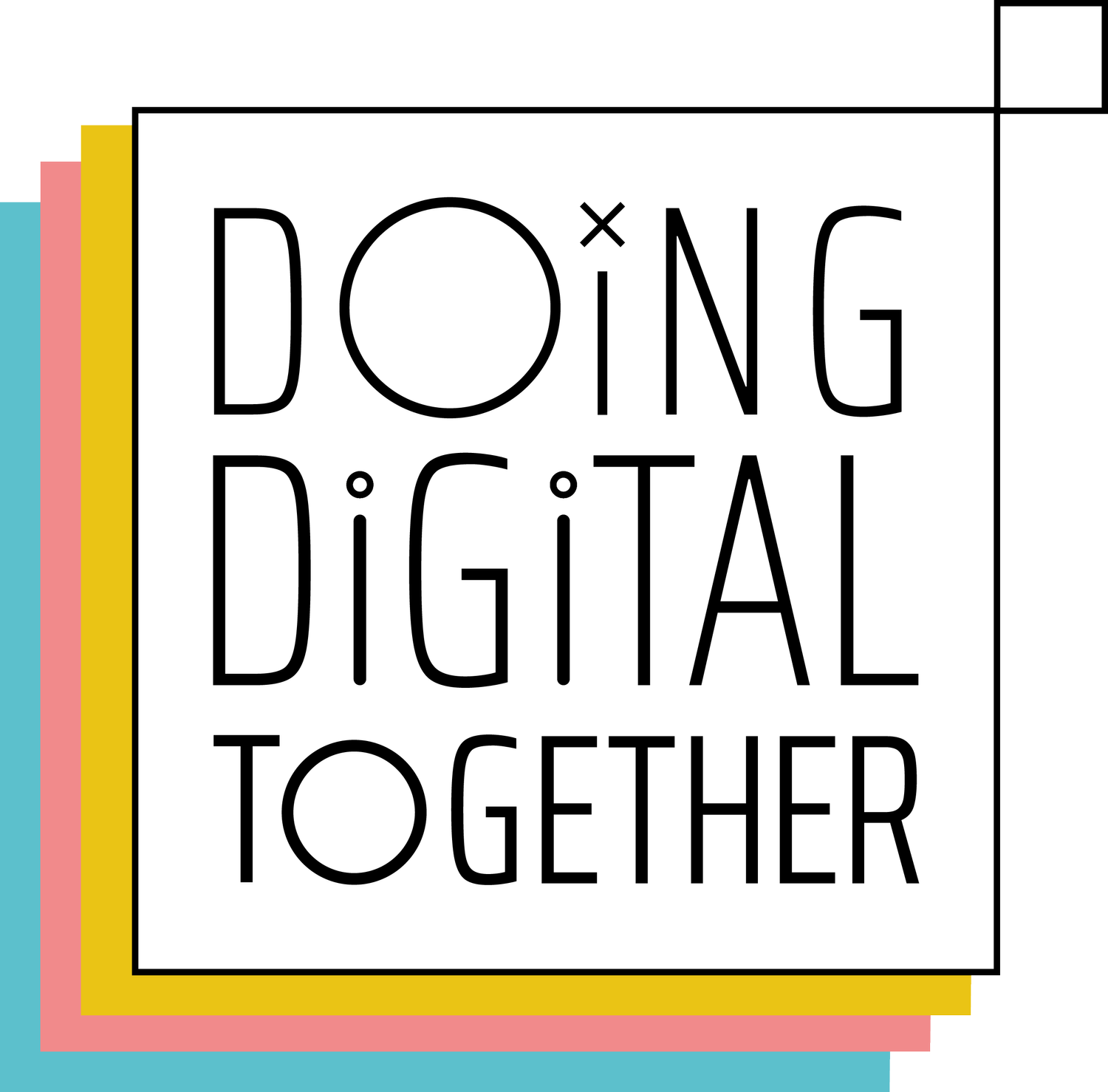A Digital Lifeline: How Barnabus is Using Technology to Support People Experiencing Homelessness
Laptop and headphones set up for a digital skills session.
How often do you use your phone?
Every day?
From the moment we wake up, we’re on our phones. Information can be accessed at the touch of a button. Don’t know where to find something? Why not Google it? Family and friends are one message away. Emergency services are within easy reach. We have social networks, healthcare, banking and entertainment in our hands; a whole universe of vital connections that is all too easy to take for granted.
Losing your phone would unquestionably make life more difficult, even with access to a computer, a supportive family, and stable income. For people struggling with homelessness, a phone is more than a basic need. Access to a phone can be a lifeline, unlocking access to essential support and opening doors of opportunity away from the uncertainty and instability of hostels, emergency accommodation, and the streets.
Digital connectivity can be a key survival need for people experiencing homelessness.
In March, the Digital Strategy & Inclusion teams visited the Manchester homelessness charity Barnabus to explore the impact of their vital work empowering vulnerable members of society with the skills, knowledge, and resources to benefit from the opportunities offered by the digital world.
Since its opening in 1991, Barnabus has helped thousands of people in their journey off the streets, offering hope and support to those in need. From humble beginnings making sandwiches and hot coffee in a donated double-decker bus, Barnabus has grown to offer warm meals, showers, fresh clothing, NHS medical care, and one-to-one support to hundreds of people every day at its support centre on Bloom Street, the Beacon.
The health and wellbeing suite at Barnabus, where guests can receive medical care from health professionals.
With the support of the Digital Inclusion team at Manchester City Council, Barnabus are now also working to reduce the digital deficit faced by people struggling with homelessness through the provision of essential resources and supported skills sessions.
Digital connectivity can be a key survival need for people experiencing homelessness. Without a phone or data, many rough sleepers risk being cut off from increasingly digitised public, unable to access the welfare programs, housing assistance and healthcare that could make a move out of homelessness possible.
Following an initial consultation with the Digital Inclusion team, Barnabus were supported to connect with the Good Things Foundation, a digital inclusion charity that helps people to improve their lives with free access to data, devices, and digital skills learning.
Using resources gifted through the Good Things Foundation’s National Digital Inclusion Network, Barnabus has been able to equip over thirty of their guests with SIM cards pre-loaded with data, enabling people to reconnect with family members and friends, apply for financial and housing support, find essential information online, and access vital services.
To ensure the long-term impact of the support received, Barnabus prioritises the development of meaningful relationships with guests. By listening to people’s stories and understanding their individual circumstances, Barnabus ensures resources are given to those best equipped to make use of them in ways that will enable their guests to build new lives.
For many digitally excluded people, provision of resources alone is not enough. To fully benefit from the opportunities offered by access to the online world, it is essential that users are supported to develop the foundational digital skills needed to navigate devices with confidence.
As a member of the National Digital Inclusion Network, Barnabus received free access to online digital skills platform Learn My Way and a donation of refurbished laptop computers to provide further support to their guests. The devices further the charity’s mission to provide practical solutions to the challenges of homelessness, unlocking new opportunities and the power to make choices with the potential to positively transform lives.
Digital help sessions, run weekly on Tuesday afternoons, enable guests to use computers in a non-judgemental setting, supported by guidance from trained engagement workers. For people experiencing homelessness, the sessions can mean access to jobs, education and government services, a gateway to reach out to loved ones, an end to social isolation, and a voice with the power to be heard.
For the most vulnerable members of our society, digital exclusion exacerbates existing inequalities. Without investment in digital inclusion initiatives, people experiencing homelessness will become increasingly excluded from society as technology becomes more essential to daily life. By empowering marginalised people to access digital technologies and improve their digital literacy, we can help forge pathways out of challenging circumstances and help create a city that is that is fairer, more equitable, and more prosperous for all.
Barnabus believes that everyone deserves a better tomorrow. If you’d like to support a person struggling with homelessness, you can ensure that Barnabus’ pioneering digital inclusion work continues through gifting old devices, purchasing SIM cards or mobile phones through the Barnabus item donation shop, or making a cash donation on their website. Any donation, big or small, is gratefully received by Barnabus.
We believe that everybody in Manchester should be able to access the benefits of being online. Find out how we’re working with organisations, businesses, and people to combat digital exclusion in our city:



